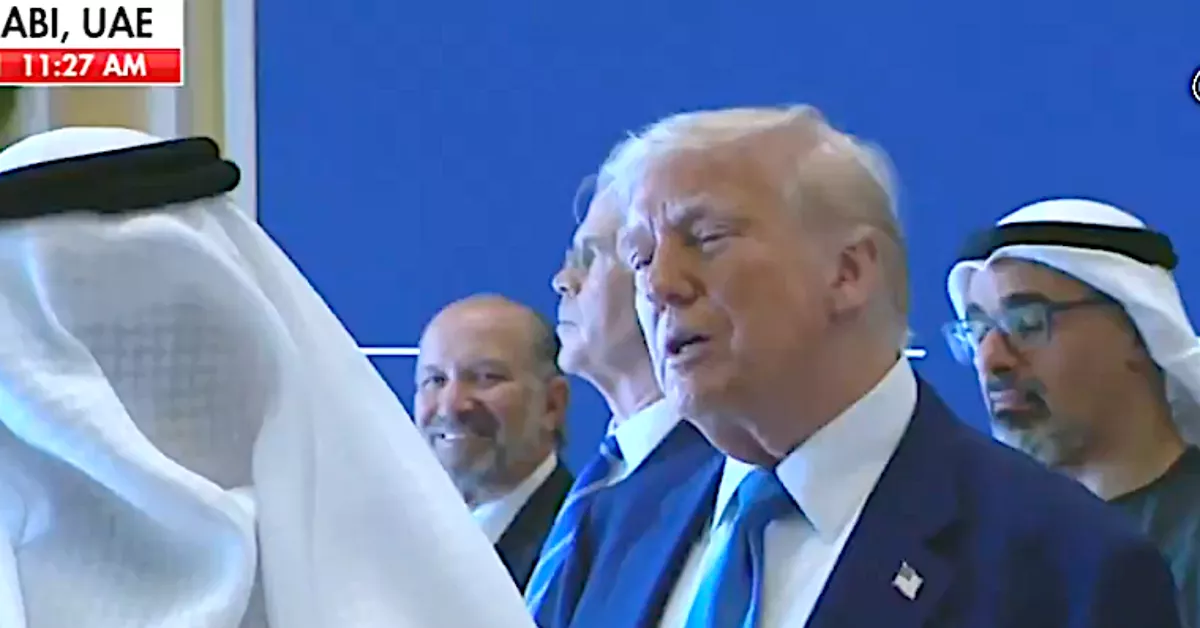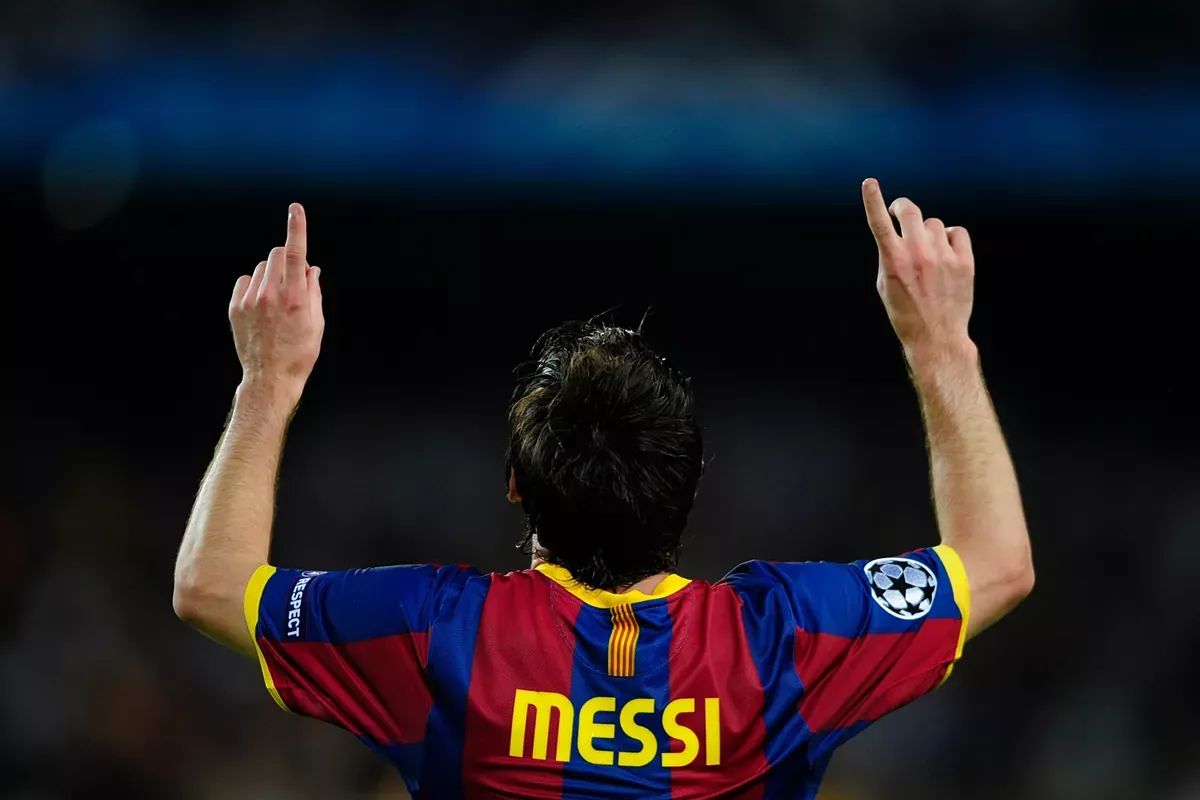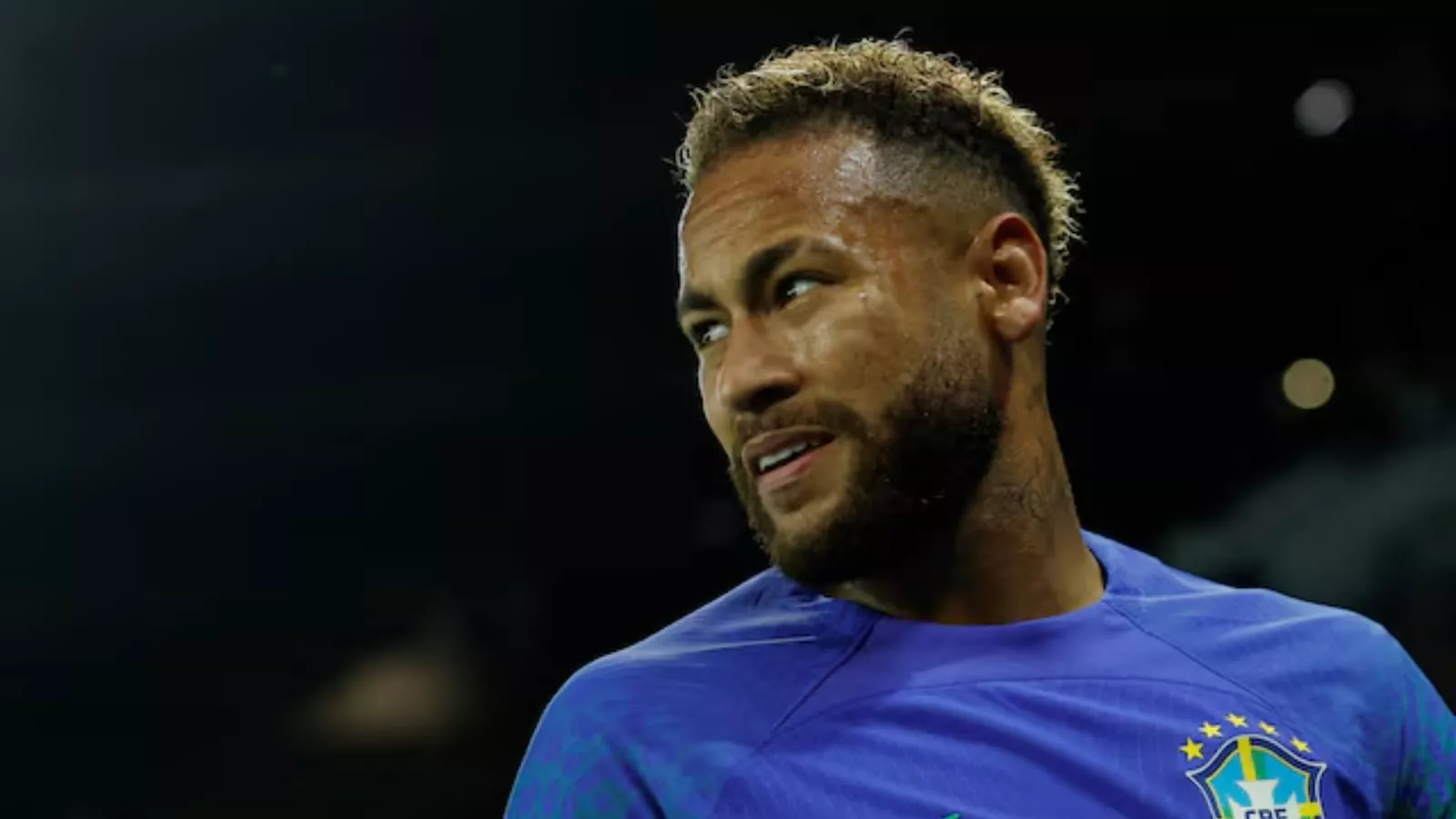On a recent visit to Abu Dhabi, former U.S. President Donald Trump made headlines for an unexpected reason: a sports-related blunder that quickly caught the attention of soccer fans worldwide. The incident occurred during a high-profile friendly match between Al Wahda and Al Ain, two of the United Arab Emirates' most prominent soccer clubs.
Trump, who was a guest of honor at the match held at the Al Nahyan Stadium, attempted to engage with the local sports culture but inadvertently committed what fans are calling an 'idiot' blunder. During a brief halftime speech, Trump mistakenly referred to soccer as 'American football,' a misstep that left many attendees and viewers puzzled and amused.
Fan Reactions
The blunder did not go unnoticed, as soccer enthusiasts took to social media platforms to express their reactions. Many fans were quick to point out the stark differences between the two sports, using the hashtag #TrumpSoccerBlunder to discuss the gaffe. Comments ranged from light-hearted jokes to more critical takes on Trump's understanding of international sports.
- "Only Trump could mix up soccer with American football in a country where soccer is a religion! #TrumpSoccerBlunder," tweeted a user.
- "You'd think he'd have someone to brief him on the basics before a big event. It's called football everywhere else, Mr. Trump!" noted another.
- "As a fan, it's both hilarious and embarrassing to see this happen on such a stage," commented a local supporter.
This incident adds to a series of public missteps Trump has made regarding sports, reflecting his sometimes contentious relationship with the athletic world. Despite the blunder, the match continued to be a thrilling event, ending in a dramatic draw that saw Al Ain equalize in the final minutes.
The Bigger Picture
The mix-up underscores the cultural differences in how sports are perceived and named across the globe. In the United States, 'football' refers to the gridiron sport, while in most other countries, 'football' is synonymous with what Americans call 'soccer.'
The incident has sparked a broader conversation about cultural awareness and the importance of understanding global sports terminology, especially for public figures attending international events.
As the world of sports continues to play a significant role in international diplomacy and cultural exchange, such moments serve as a reminder of the nuances that come with global engagement.
Read Full Article Here





